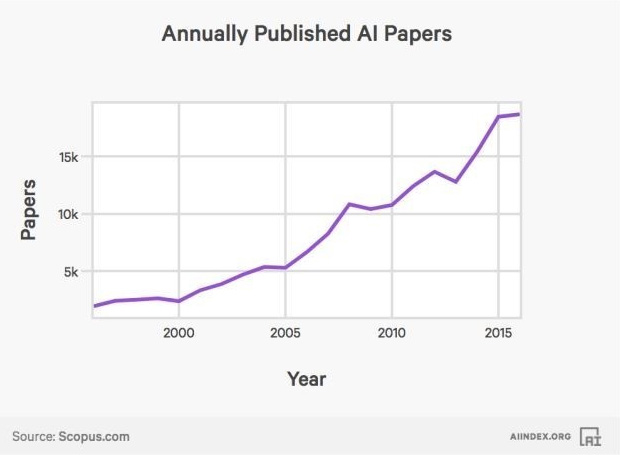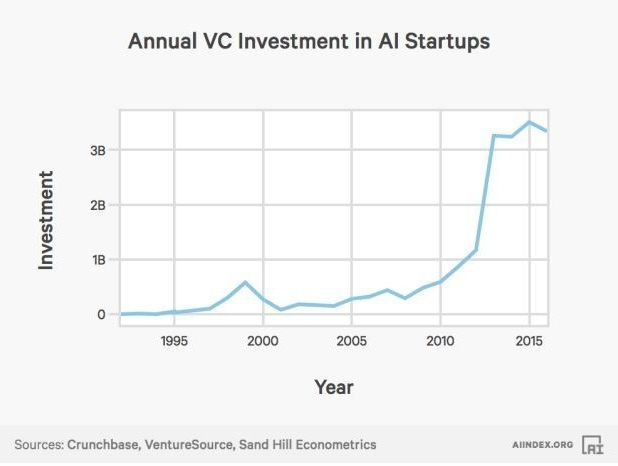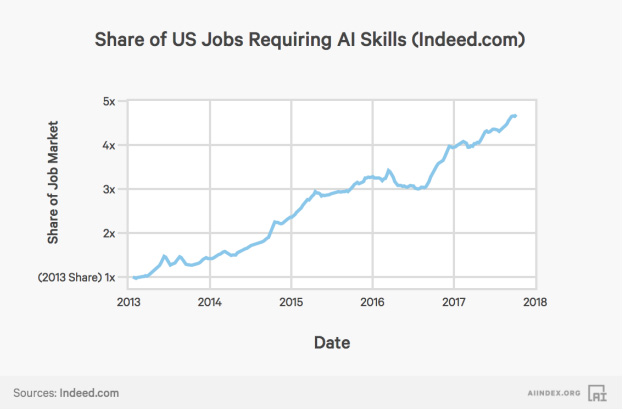The Rise of AI and What it Could Mean for the Telco Sector
We all get a general idea: Artificial Intelligence (AI) is about machines that can “think”. Or, at least, that can act as if they were thinking. This simulated thought-process includes the understanding of natural language, the capacity of learning by themselves, pattern recognition, data analytics among other abilities.
The Current State Of AI
We're witnessing AI become part of our everyday lives. Various software programs and devices already use technologies that include a certain grade of AI (for example, Google algorithms or Siri) or a very specialized mode of AI (like AlphaGo, the machine that not only defeated a Go champion, but also created a new way to face and play the game by itself ). These examples seem amazing already but they're not even close to what the future will bring in the Artificial Intelligence sector.
Think about it: we use sophisticated software products to collect and analyze huge volumes of data and put them in a form that humans can understand, such as numbers and graphics. After making sense of the data, humans then can make a decision about further actions in a specific situation. This process is being completely transformed, though. With AI, a machine will be able to observe patterns in data - and "understand" them - then make its own decisions and apply any measures needed. All of this without any human intervention and in a way that is exceedingly better than humans. AI will completely transform the way we function as a society.
In order to get a picture of the current state of AI, a team led by Stanford University has published the "AI Index" , a report that aims to track the activity and progress made on this field. The data included in the "AI index" shows the exponential rise of AI during the last years. Here are some examples:



(Charts: AIIndex.org)
AI & Telecoms
Internet of Things (IoT), smart devices, smart houses, smart cities… every new, disrupting technology has its basics on data, and the exponential growth of all these technologies demands huge networks, that are able to grow at the same fast pace and improve their quality, reliability, and security. We are already past the point where networks can be managed by humans. Telecoms’ network management systems, billing systems, and customer management systems can't continue working like they are.
The next step towards AI in telecoms is the development of Self-Optimizing Networks (SON). With SON, designers select the goals and limits of the network. Then, the network control software analyzes the current network conditions and re-structures the network itself to best fit the assigned goals. For example, a self-optimizing network can analyze the amount of traffic in a given moment and redistribute the network resources according to this analysis; or it can detect security breaches and correct them immediately –all without human decisions behind.
Billing and customer management is another area where AI will play a leading role. We already have algorithms that allow us to analyze and fine-tune the customer experience. The next step will be a "machine" able to communicate with customers in natural language and showing empathy –machines are way too far from empathy, but we can already create neural networks capable of simulating empathy in a very effective way. And more importantly: this AI will not only interact with customers - it will also make the best decisions to solve their issues or enhance their experience. Also, AI systems will be able to analyze the customer needs and develop new products that best fit these needs.
Finally, Software Defined Networks (SDF) and Network Function Virtualization (NFV) will provide a framework that will be much more efficient and scalable than our current hard-wired systems.
Software networks will "think" and take decisions by themselves and we can't even imagine how and how much AI will impact networks, customer service or business communications in the next few years. AI will be a basic component of cloud services, big data, IoT, mobile technologies… and will transform all of them in a way beyond our imagination. We look forward to witnessings these changes and jump on board when the time comes.
